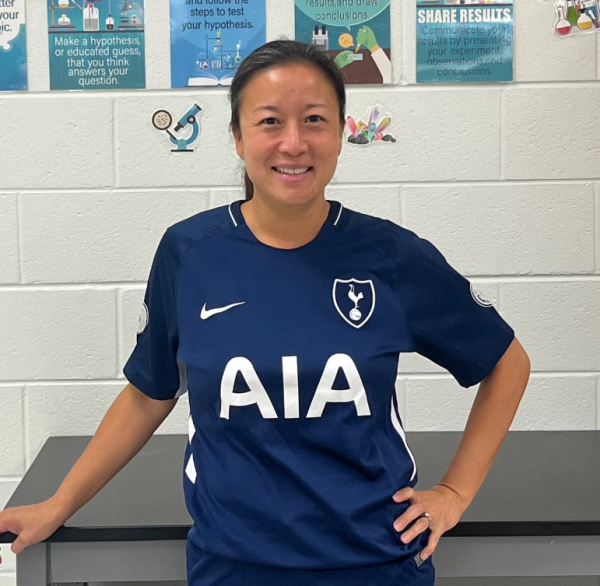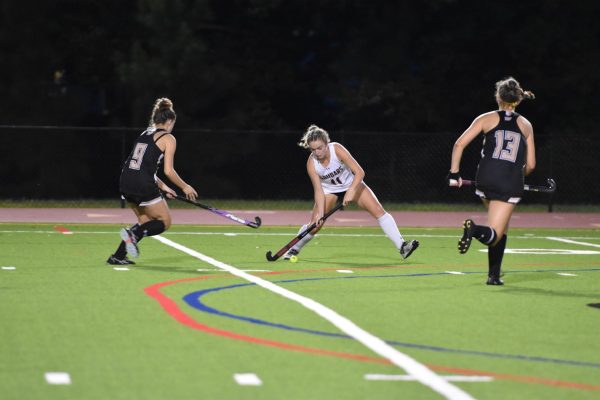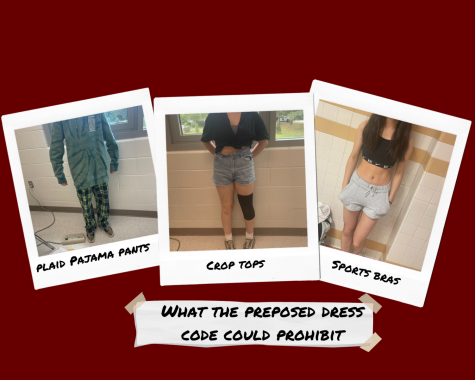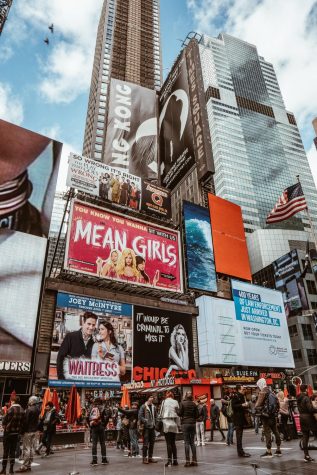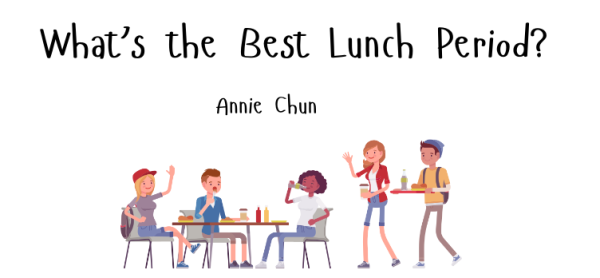Controversies in AP Government and Politics
During the current climate of social divisiveness, many controversial topics that had been previously ignored are gaining topical awareness. Children are facing new realities, teenagers are passionately advocating for social injustices, and many people have had at least one debate about a societal topic they care strongly about. This newfound consciousness to ongoing issues has brought an abundance of positive effects such as more diversity in positions of power, and more recognition and correction of discrimination in the law, institutions, and workplaces. However, not everyone is in favor of such reforms, and some advocates will not tolerate those who resent them.
As opposite views clash, controversial issues are becoming harder than ever to discuss in a school setting. So, how do government teachers talk with their students about these matters in class, while remaining unbiased? How did they do it in the past? And in today’s climate, will they adjust their classroom discussions to avoid these subjects, or will they address them head-on?
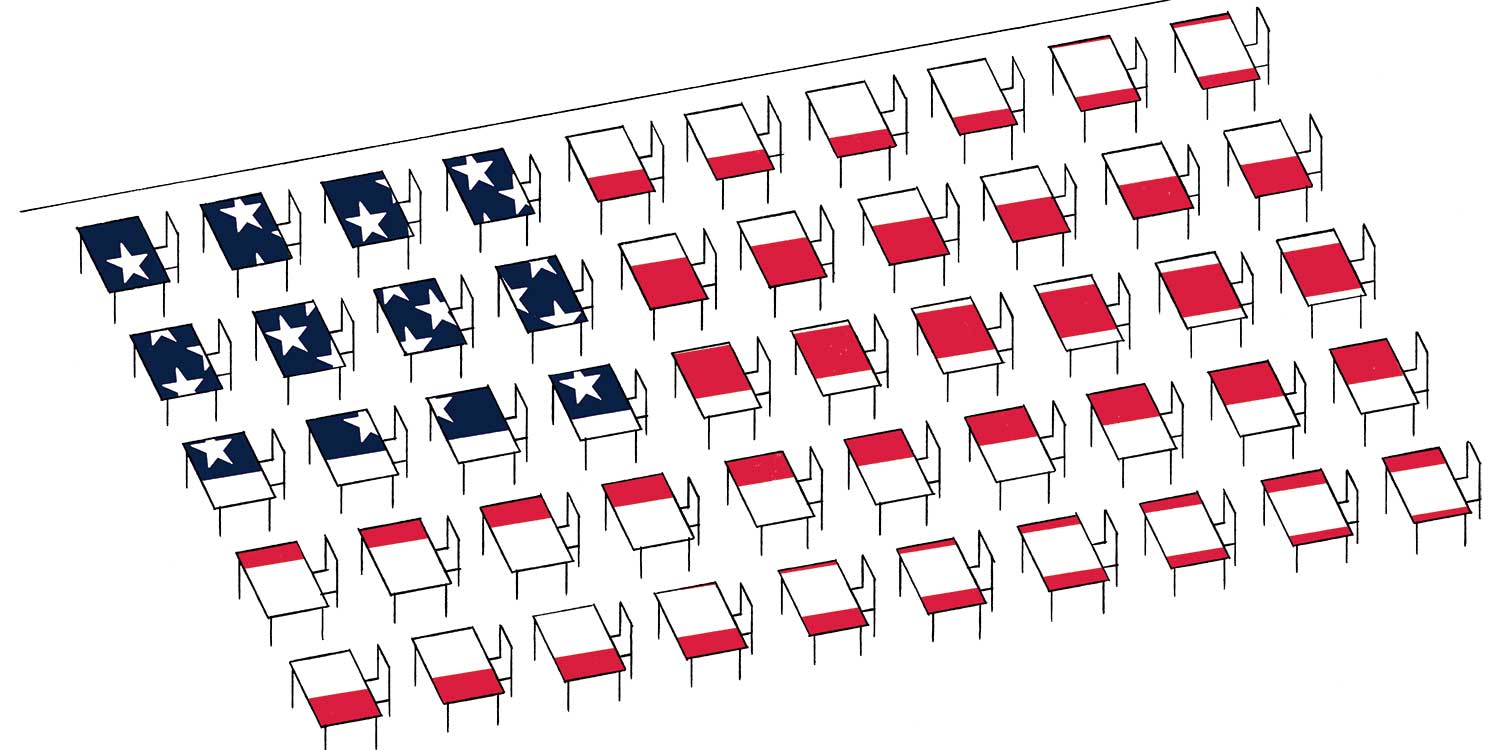
AP U.S. Government and Politics is a college-leveled course for seniors that provides a non-partisan introduction to the structure of the government and key political concepts in the United States. Students analyze documents and government decisions from both the past and the present, learning fundamental skills such as developing evidence-based arguments, interpreting data, and making comparisons and connections.
When it comes to politics, everyone has their own beliefs that they have developed from past experiences, personal values, and parental influence. “This year in particular is very important when it comes to the pandemic, Black Lives Matter, climate change, etc,” says Jenna Boddie from Chantilly High School (12), who has been in AP Government for about a month thus far.
How do teachers remain unbiased as they teach a class with a broad range of diverse views? “ I am not here to persuade students to vote Democrat or Republican,” explains Mr. Johnson, an AP Government teacher at Oakton. “My goal as a teacher is to give students the tools to logically analyze both current and historical events and to come up with their own educated opinions and conclusions.”
While many kids simply reply to classroom discussions with facts and evidence, others choose to voice their personal opinions, which is “usually met with disagreement from someone, and a political debate ensues,” Aaron Gray explains (Oakton, 12). For example, an anonymous student at Oakton explains how when learning about various ideologies, the teacher put the question up for discussion of whether or not one should be able to own an unlimited number of guns. Students debated in the chat, clearly asserting their own moral beliefs and values. Similarly, the teacher asked what the students thought about President Trump contracting the coronavirus after seldom wearing a mask. This question was followed by a variety of responses.
Some students choose to actively engage in discussions and “debates,” while others choose to stay quiet and listen to others’ opinions. This is for a variety of reasons. Maddi Kriz, a 2021 Oakton graduate, preferred to listen rather than get involved because she “didn’t have credible sources or [stay] very updated on the news enough to be able to withhold [her] standings on a viewpoint.” Boddie prefers to listen for similar reasons, and also because in some subjects, she “doesn’t feel it is [her] place to say something.” For example, when it comes to abortions, she does not feel that men have a place to “say, let alone make laws about what happen to other women,” because they are not the ones affected. She understands that on topics such as economic disadvantages, her beliefs may not reside with those who face disparities, therefore she can not speak for them.
Contrary to those who prefer staying uninvolved, Kriz stated that some of her classmates would “speak their minds with exactly what they thought and with their personal opinions.” Gray recognizes that many of these political discussions “usually just turn into arguments.” Therefore, he tends to avoid initiating controversial discussions, but “interject[ing] if [he] strongly disagrees with something said.”
So what is the best way to teach/participate in a class where personal values are discussed and the environment is polarized? “If we look at something analytically, it’s kind of hard to spark heated political discussions,” Johnson explains as he describes his teaching style. “Students are supposed to approach these events as political scientists.”



